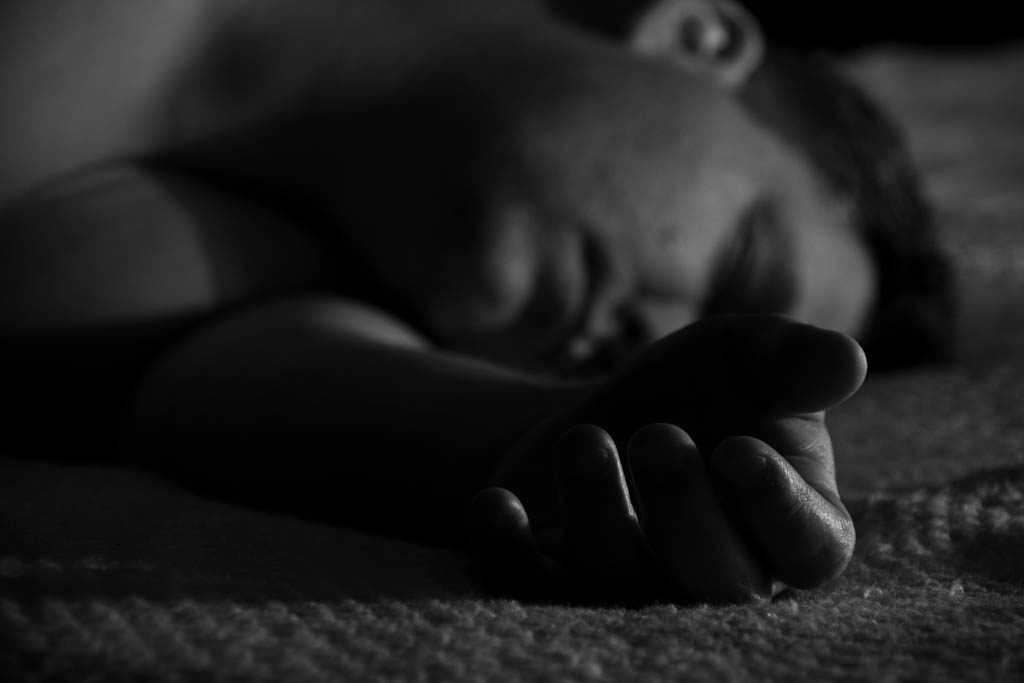The blood pressure drug prazosin has been gaining popularity as a treatment for post-traumatic stress disorder (PTSD), with some research indicating that it could reduce nightmares or protect against suicidal thoughts. However, a new study, just published in the Journal of Clinical Psychopharmacology, found that prazosin was associated with increased insomnia and nightmares, and did not reduce suicidal thoughts.

Although an early study from 2013 suggested that prazosin might have reduced nightmares for active-duty soldiers with a PTSD diagnosis, the findings were more equivocal than reported. Only 3 of the 67 participants met criteria for remission of symptoms at the end of the study, and there were no differences on the measures of PTSD symptoms of reexperiencing and avoidance. There were also no improvements on either the HAM-D or the PHQ-9 depression scales.
More recent research has been even more discouraging regarding prazosin’s effectiveness at reducing nightmares. Another study from this year found that prazosin did not significantly reduce nightmares or improve sleep quality. This study included a larger sample (304 veterans).
However, fewer veterans in the prazosin group developed new or worsening suicidal thoughts (8% in that group, compared to 15% in the placebo group). Because of this, it was hypothesized that prazosin might protect against suicidal thoughts.
The current study, led by William McCall at the Medical College of Georgia, Augusta University, was designed to follow up on this hypothesis. It included 20 participants, all of whom had a PTSD diagnosis and reported suicidal thoughts. They were randomly assigned into two groups, so 10 participants received prazosin, while the other 10 received a placebo.
Unfortunately, the researchers found that prazosin had no effect on suicidal thoughts, and may have worsened nightmares and insomnia. According to McCall and the other researcher:
“Nighttime measures of nightmares and insomnia showed significantly less improvement in the prazosin group,” and “prazosin showed no signal on daytime measures including suicidal ideation.”
According to the researchers, the clinical impact of prazosin is now unclear. Although their study was small, the finding of worsening symptoms is concerning for a drug to treat PTSD. They write that the research does not support using prazosin for nighttime symptoms such as nightmares.
****
McCall, W. V., Pillai, A., Case, D., McCloud, L., Nolla, T., Branch, F. . . . Rosenquist, P. B. (2018). A pilot, randomized clinical trial of bedtime doses of prazosin versus placebo in suicidal posttraumatic stress disorder patients with nightmares. Journal of Clinical Psychopharmacology, 38(6), 618-621. doi: 10.1097/JCP.0000000000000968 (Link)















A sample size of 20 can hardly be called ‘research.’
Report comment
Enough to promote a drug though. Especially a psych drug they can blame on gas lighted “patients” afterward.
Report comment
Maybe, as a society, since we should have learned by now that big Pharma is not here to benefit humanity as a whole, with cures for illnesses. But instead has proven that the “Fierce Pharma” cartel is here only to produce drugs that will make people sick, and in need of having their drug induced illnesses “managed” by doctors, for the profit of their shareholders.
Maybe it’s time we, as a society, demand that the big Pharma cartel be broken up, so we may bring about competition for actual disease cures? How long are we going to continue on with this failed paradigm of testing and trusting in the murderous pharmaceutical cartel’s products? It’s absurd.
Report comment
the treatment makes life worse for the people/”patients”/”consumers.” isn’t that…the story of psychiatry?
Report comment
So, in *OTHER* *WORDS*:
“We pseudo-scientific, psychiatric wanna-be researchers are so drug addled, and welded to our delusional medical model worldview, that we simply MUST continue to throw DRUGS at people, like spaghetti on a wall, in hopes that SOMETHING SOMEhow sticks, because there’s just so much money at stake…. Even statistically meaningless mad scientist-style human experiments are fine with us. After all, as psychiatrists, we’re the direct ideological descendants of Dr. Joseph Mengele….U.S. Military persons are the ideal human guinea pigs, because the U.S. Taxpayer picks up all the incidental costs…..God BLESS America!”….
There. now THAT is how you write a press release. Gotta keep the sheeple entertained…. >ironic< 😉
Report comment
Yep. Use the brave men and women who risked their lives defending us as guinea pigs. Or pieces of chewing gum. Chew till the flavor’s gone. Then toss ’em. Sickening.
Report comment